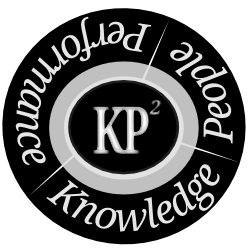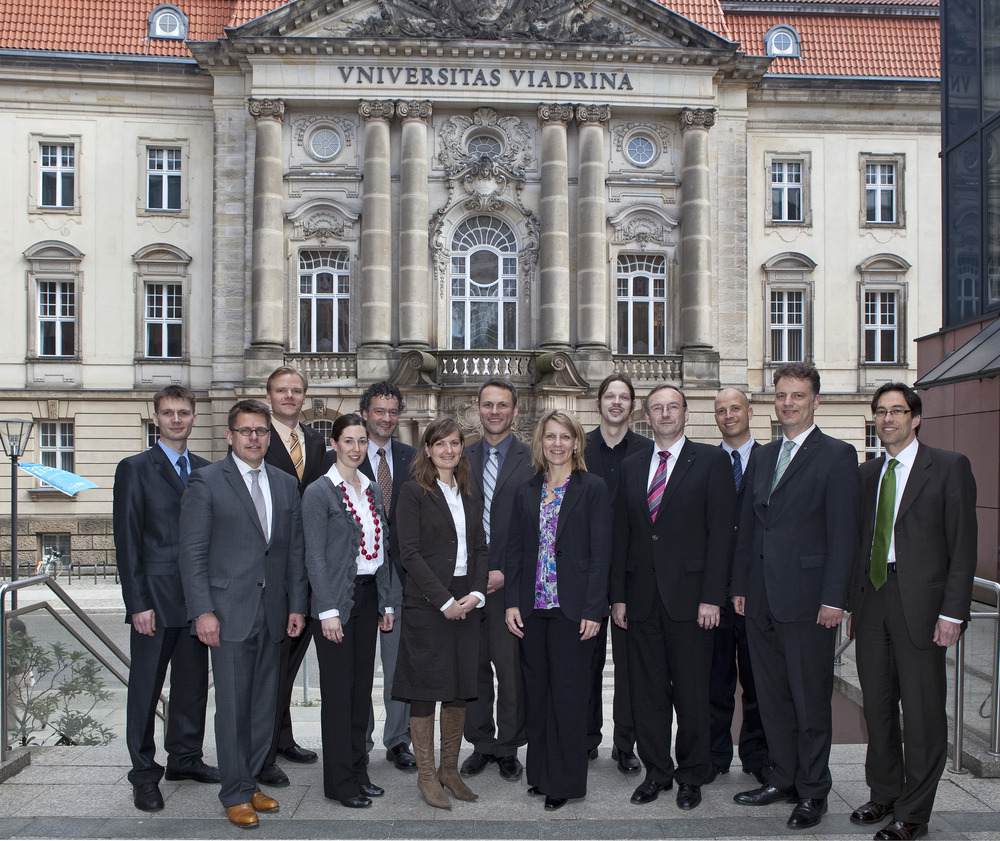The points below were collected in three sessions, namely Publishing Qualitative Research in Premier Academic Journals, How Can I Make An Impact? A Conversation with Management Researchers Seeking to Change the World and Publishing in the Top Tier.
What needs to be in it in terms of content?
- Know your literature(s)
- Follow events that are ongoing
- Study longitudinal processes
- Study field settings and diverse groups
- Study how and why questions
- Strategically choose your research question(s)
- Focus on neglected problems
- Have a bold vision
- Focus on results/value creation
- Use examplars (i.e. other articles in your journal of choice that have studied similar phenomena or used similar methodology)
How do you generate ideas and get access to data?
- Use student projects
- Come up with call for problems (much in the same way as we do call for papers or call for proposals)
- Talk to big thinkers
- Leverage partnerships/co-authorships
What are questions to ask yourself?
- What are research questions you really care about?
- What’s the career you would like to pursue and where can you make a difference?
- What would you like to be your legacy?
Although I am aware that there is no recipe to publishing research, I do believe some of these suggestions will help me to focus my efforts. I hope the same holds for you.


